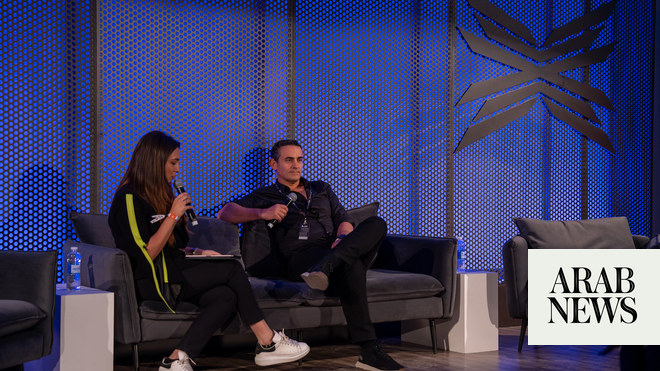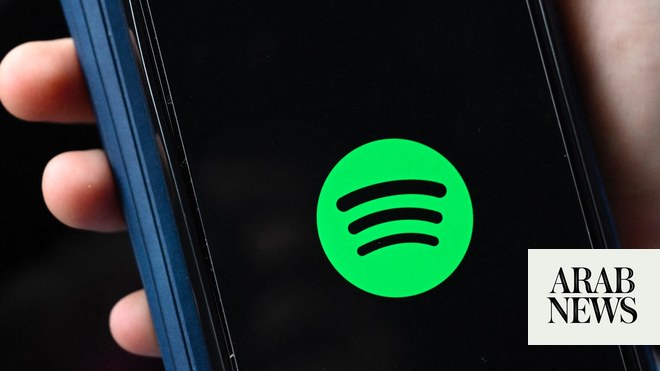
YouTube has warned that legal efforts by the music industry to force it to pay more for the music it streams in the UK could backfire and have a “potentially devastating” effect on the income of artists and songwriters.
Google-owned YouTube has long been accused of exploiting the “value gap” in its business, a reference to what it makes from online advertising around music videos and the share of that income given to artists and labels.
The long-running issue has once again reared its head in an inquiry launched by the digital, culture, media and sport select committee into the economics of streaming which has received repeated testimony that most artists receive a pittance in digital royalties.
Earlier this month David Joseph, the UK chief executive of Universal Music, home of stars including Taylor Swift, Lady Gaga and the Beatles, told the committee that 70% of his artists’ music is watched and listened to on YouTube but the royalties only account for 5% of the company’s revenues. In 2019, UK record labels earned just £35m in royalties from YouTube, almost half the £66m received as a cut of sales of vinyl records.
European Union laws could force YouTube to start licensing in a similar way to services such as Spotify, which agree a fee in advance for the use of a catalogue. Current laws mean that YouTube can host music on its site without the need for a licence, with the company striking less advantageous deals with rights owners for a cut of advertising after the music has already been consumed by users. The music industry believes a stronger licensing system would guarantee a bigger cut of royalties from advertising.
However, having left the EU, the UK has said it is not going to implement the new laws. The DCMS select committee heard from the bosses of PPL and PRS – which collect royalties for artists and songwriters when tracks are played on media such as radio stations – who said the UK government has a chance to go even further than Europe to “make sure more money goes back into the pot for creators”.
In a written submission to the DCMS committee, YouTube said that with over 500 hours of video content uploaded every minute the music industry globally has benefited from $12bn (£8.7bn) in royalties as of January 2020. The company said that it is entirely possible that by 2025 it could well outstrip all other sources as the “music industry’s number one source of revenue by 2025”, even beating Spotify.
YouTube said that stringent legislation could be so difficult to adhere to that it might have to block music content to avoid breaking the law, which would hammer the royalties that artists receive.
“We are concerned that any overboard implementation of legislation of that type may lead to vague, untested requirements that could result in online services needing to over-block content to mitigate potentially significant legal risk,” said YouTube in its submission. “Such an overbroad implementation would also risk lowering the revenue to traditional media and music companies from YouTube and will potentially devastate the many creators, artists and songwriters who have built their businesses on our platform.”
The company uses its own data tools to identify copyrighted music content but if a full legal requirement were implemented it could not be sure if 100% of the rights holders were receiving a cut, putting YouTube at risk of costly legal action.
“In the music industry in particular, data regarding ownership of rights is often unclear,” YouTube said. “Historically, it has been very difficult for platforms to obtain all of this data. This lack of data is what could lead to over-blocking [if legislation were implemented]. If you multiply these risks with the scale of YouTube … the potential liabilities could be so large that no company, especially startups, could take on such a financial risk.”
YouTube is estimated to have earned more than $18bn from advertising last year, and in 2019 analytics firm Pex estimated that music videos accounted for 83% of all videos exceeding 1bn views on the platform. The company also runs a subscription music service, YouTube Music, which costs £9.99 a month in the UK, that has more than 30 million paid-for users.
The DCMS committee inquiry has heard testimony from an array of musicians, from Elbow frontman Guy Garvey to Mercury-nominated singer-songwriter Nadine Shah, which have highlighted the difficulties artists have making money from the small royalties artists receive from digital music services. Garvey, who told the committee that the next generation of bands are being lost because they cannot sustain their careers, has also said services such as Spotify and Apple Music are not charging customers enough. It can take more than 1 million streams for an artist to make £1,000.
In November, Shah told the committee that despite her success and popularity she made so little from streaming royalties that with live music and touring shutdown due to the pandemic she was struggling to pay her rent.












